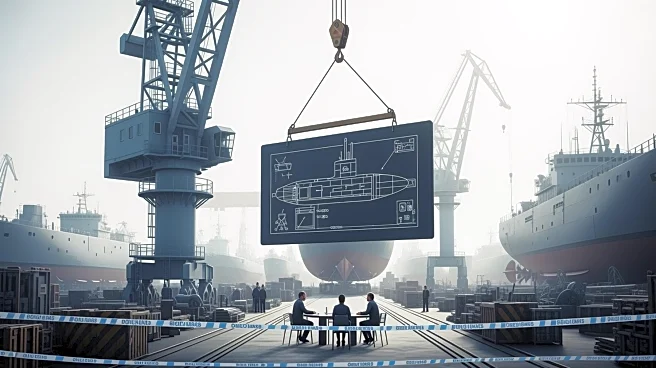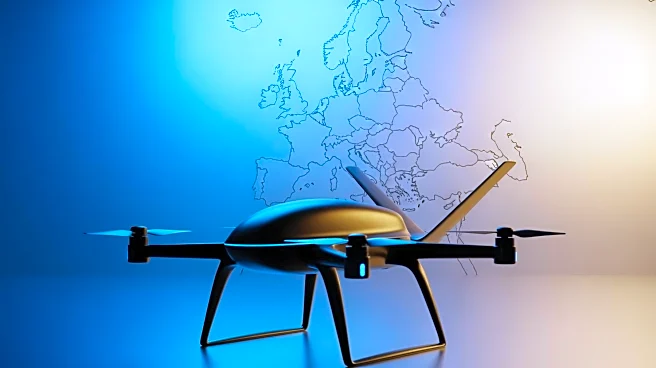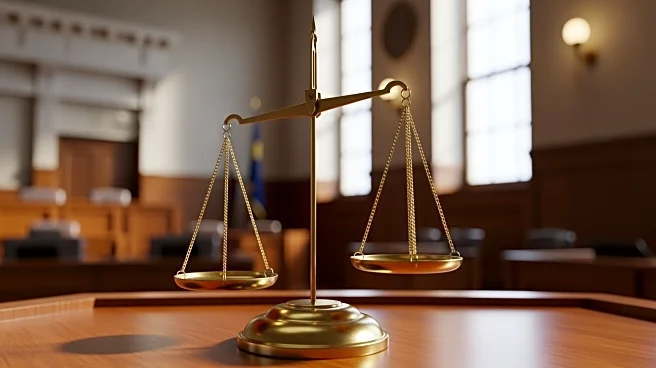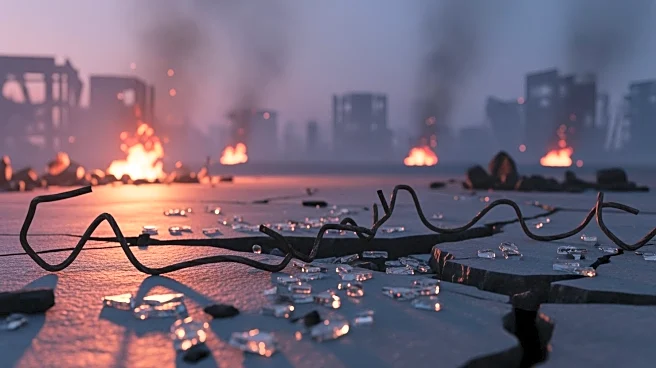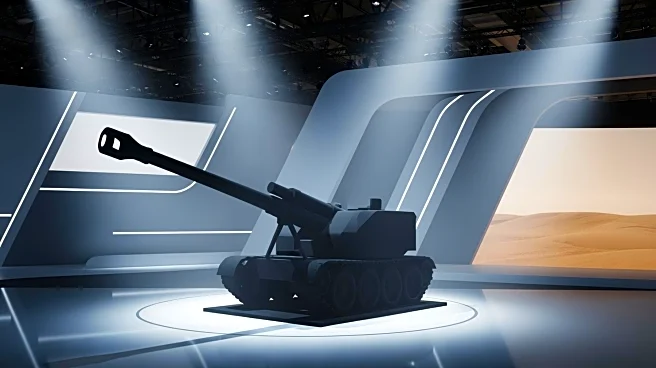What's Happening?
The South Korean-owned Philly Shipyard in the United States currently lacks the capability to build nuclear-powered submarines, according to South Korea's Prime Minister Kim Min-seok. This statement follows
President Trump's approval for South Korea to construct a nuclear submarine at the Philadelphia shipyard. The approval was granted after South Korea's President Lee Jae Myung requested fuel for nuclear submarines equipped with conventional weapons. U.S. Defence Secretary Pete Hegseth emphasized the Trump administration's commitment to working with the Department of State and Department of Energy to fulfill this promise, highlighting the importance of strong alliances.
Why It's Important?
The inability of the Philly Shipyard to construct nuclear submarines raises questions about the feasibility of international defense collaborations and the technical challenges involved. South Korea's expertise in shipbuilding suggests that constructing submarines domestically may be more practical. The issue highlights the strategic significance of nuclear-powered submarines in maintaining military capabilities and alliances. The collaboration between the U.S. and South Korea reflects ongoing efforts to strengthen defense ties and address regional security concerns.
What's Next?
Further discussions between the U.S. and South Korea are likely to determine the best approach for constructing nuclear submarines, considering technical capabilities and strategic needs. The Trump administration's commitment to supporting allies may lead to increased collaboration in defense technology and infrastructure. As the feasibility of building submarines in the U.S. is assessed, alternative solutions may be explored to enhance military capabilities and maintain strong alliances.
